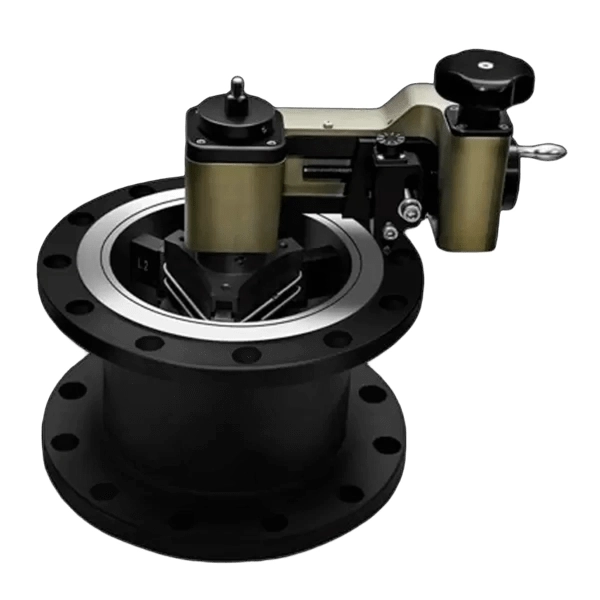The Lifespan of Mattresses: When Should You Replace Your Old Bed?
A good night's sleep is essential for our overall well-being, and a comfortable mattress plays a crucial role in achieving that. However, mattresses, like any other product, have a limited lifespan. In this blog post, we will delve into the factors that determine when a mattress should be replaced, ensuring you make an informed decision for a restful sleep experience.
- Understanding Mattress Lifespan:
The lifespan of a mattress varies depending on several factors, including the quality of materials, usage, and maintenance. On average, a mattress can last between 7 to 10 years. However, this estimate can be influenced by individual preferences, body weight, and the type of mattress. - Signs of Wear and Tear:
To determine if your mattress needs replacement, it's important to look out for certain signs of wear and tear. These include sagging or visible indentations, lumps, loss of support, and discomfort during sleep. If you frequently wake up with aches and pains, it might be a clear indication that your mattress has surpassed its prime. - Hygiene and Allergies:
Over time, mattresses accumulate dust mites, allergens, and sweat, which can impact your sleep quality and overall health. If you suffer from allergies or notice an increase in respiratory issues, it might be time to consider replacing your mattress. Regular cleaning and maintenance can help extend its lifespan, but eventually, a replacement becomes necessary. - Changes in Lifestyle and Body:
As our lives evolve, so do our needs and preferences. Factors such as weight gain or loss, pregnancy, or changes in health conditions can affect the level of comfort and support required from a mattress. If your current mattress no longer meets your specific needs, it might be time to invest in a new one that caters to your changing lifestyle. - Technological Advancements:
The mattress industry continually evolves, introducing new technologies and materials that enhance comfort and support. If your mattress is outdated and lacks the latest advancements, you might be missing out on improved sleep experiences. Exploring newer options can provide you with a range of choices tailored to your preferences.
Conclusion:
A mattress is a long-term investment in your sleep quality and overall health. While the average lifespan of a mattress is around 7 to 10 years, it is crucial to consider individual factors such as wear and tear, hygiene, lifestyle changes, and technological advancements. By paying attention to these aspects and recognizing the signs of an aging mattress, you can ensure a restful and rejuvenating sleep experience for years to come.

Average Rating